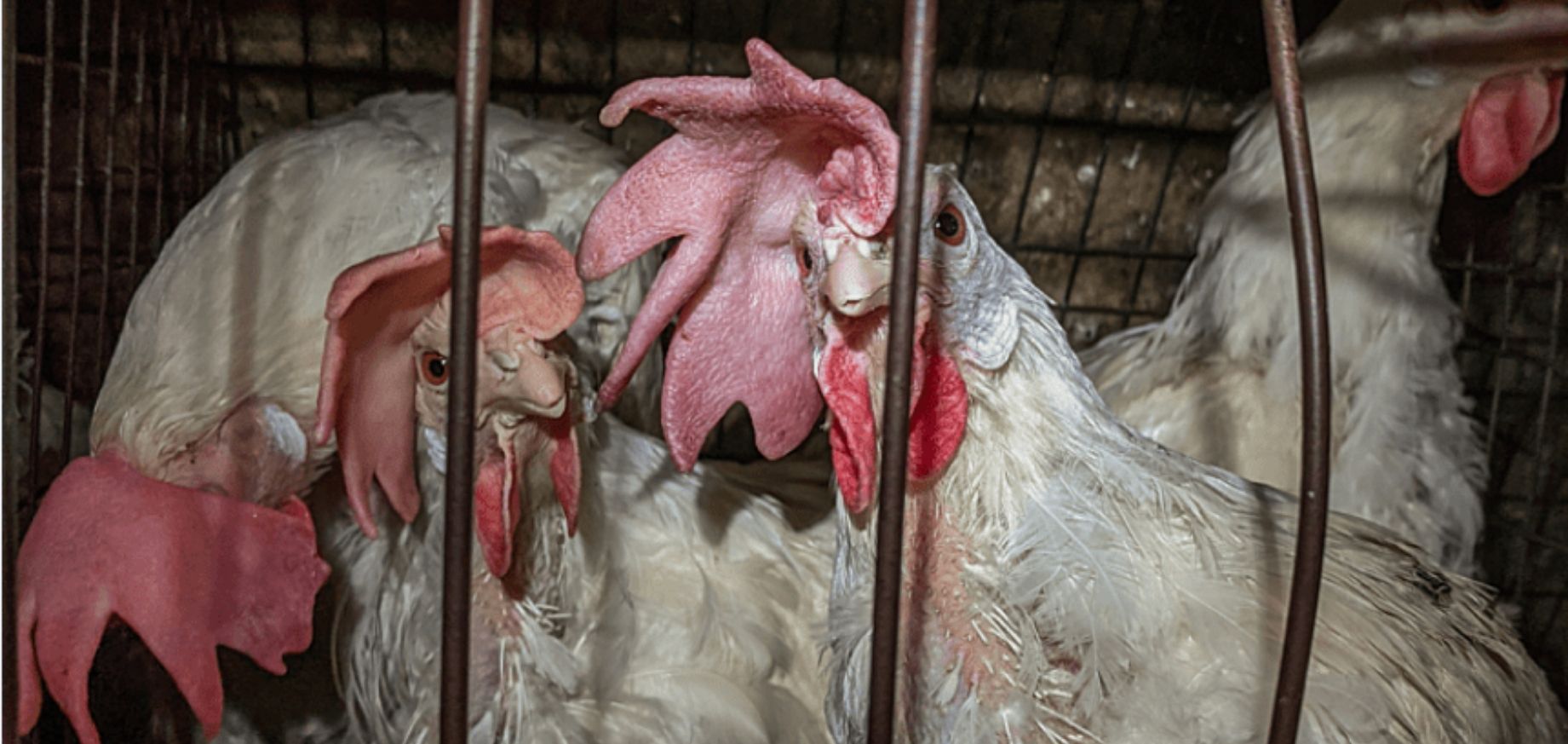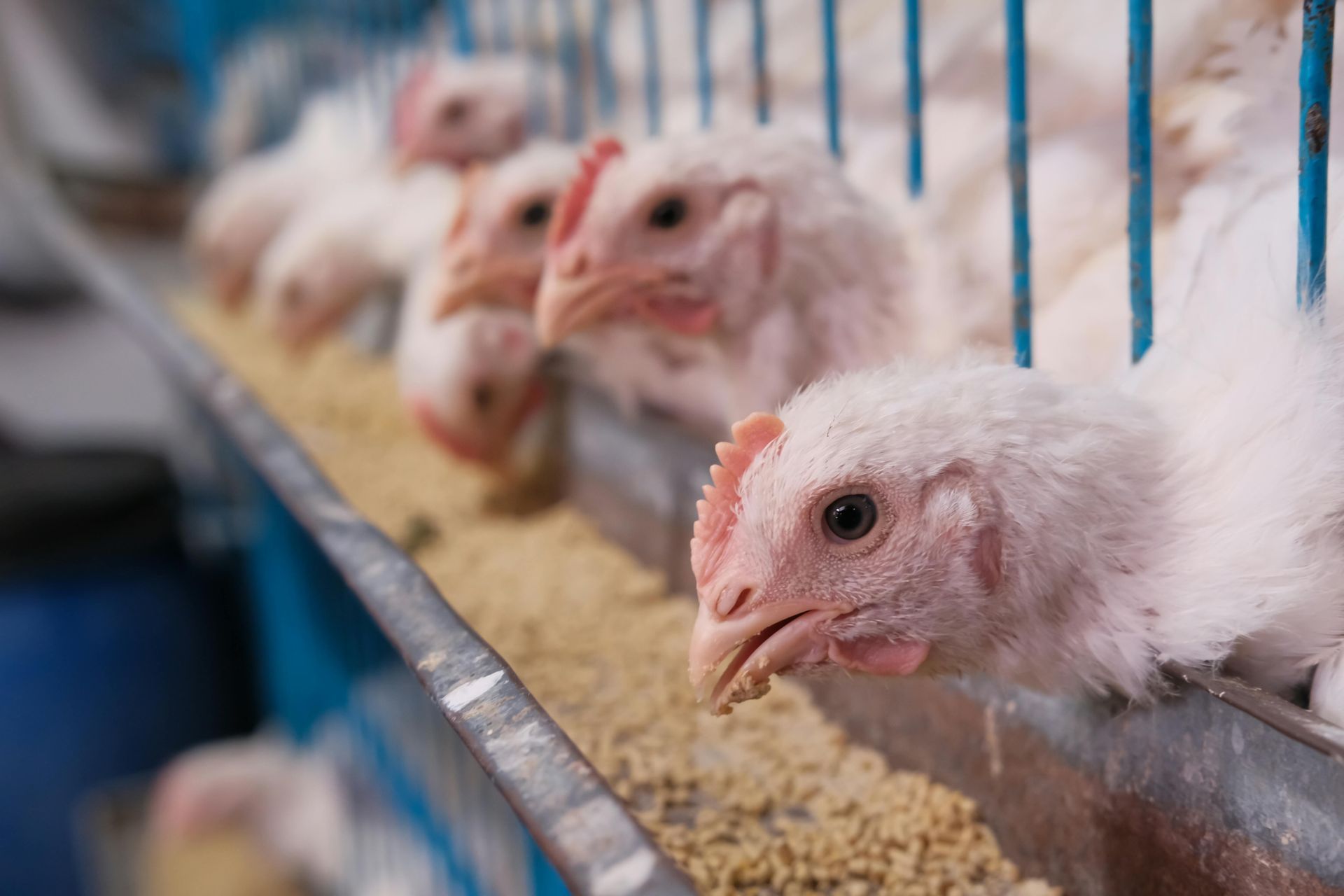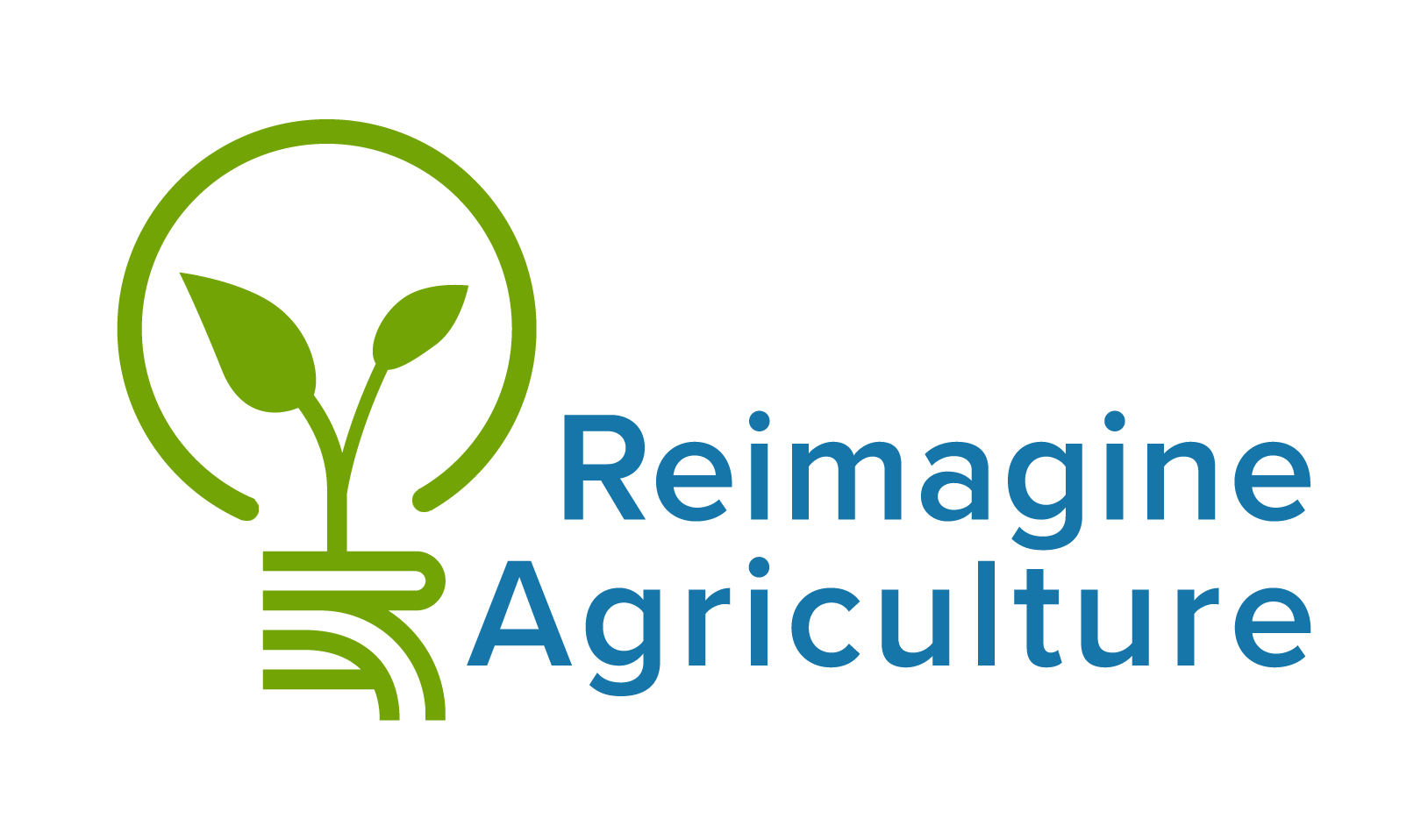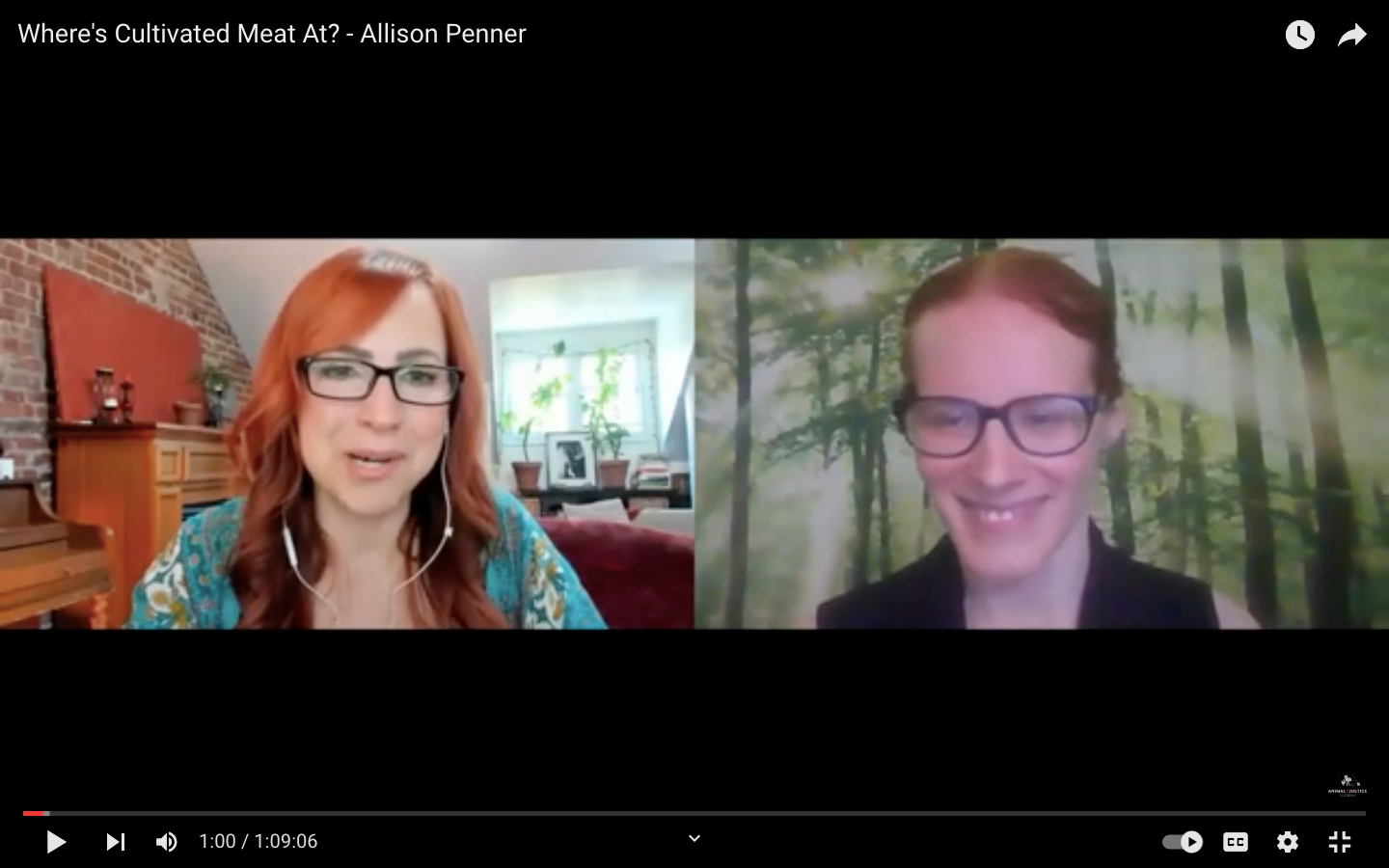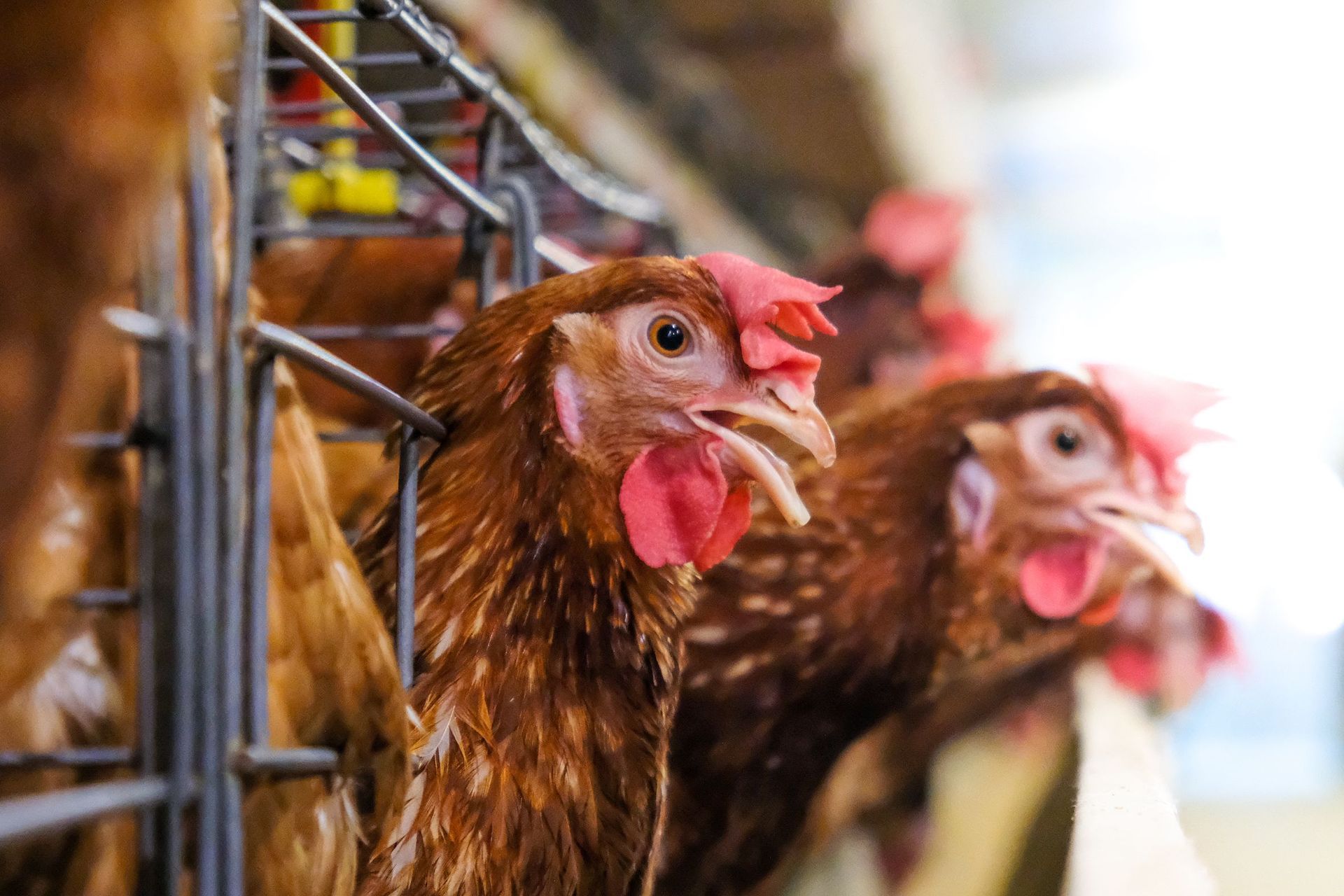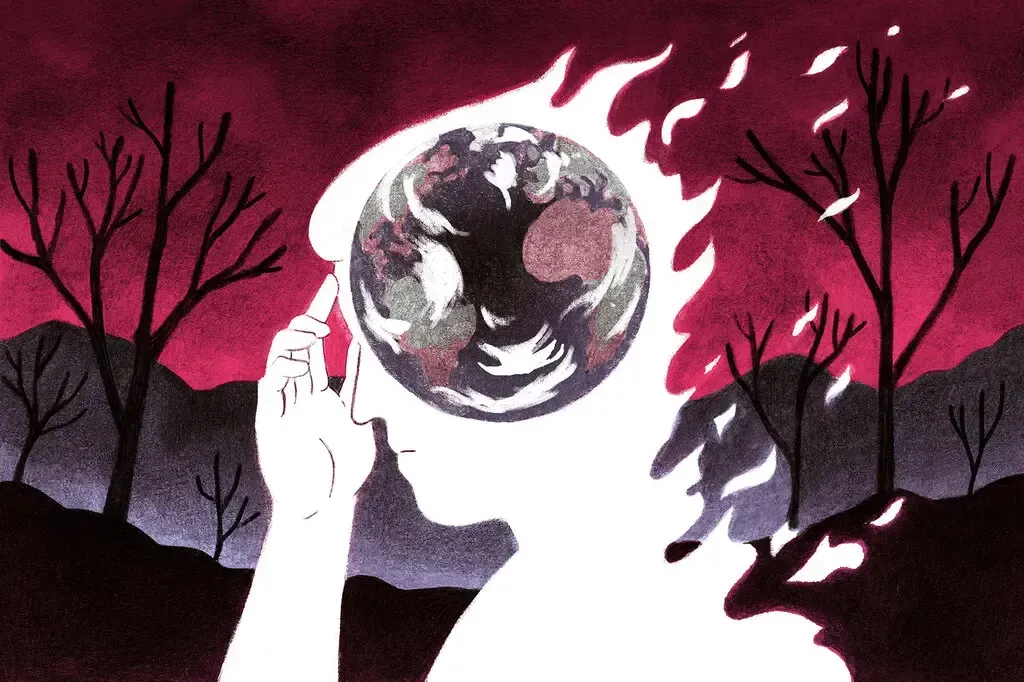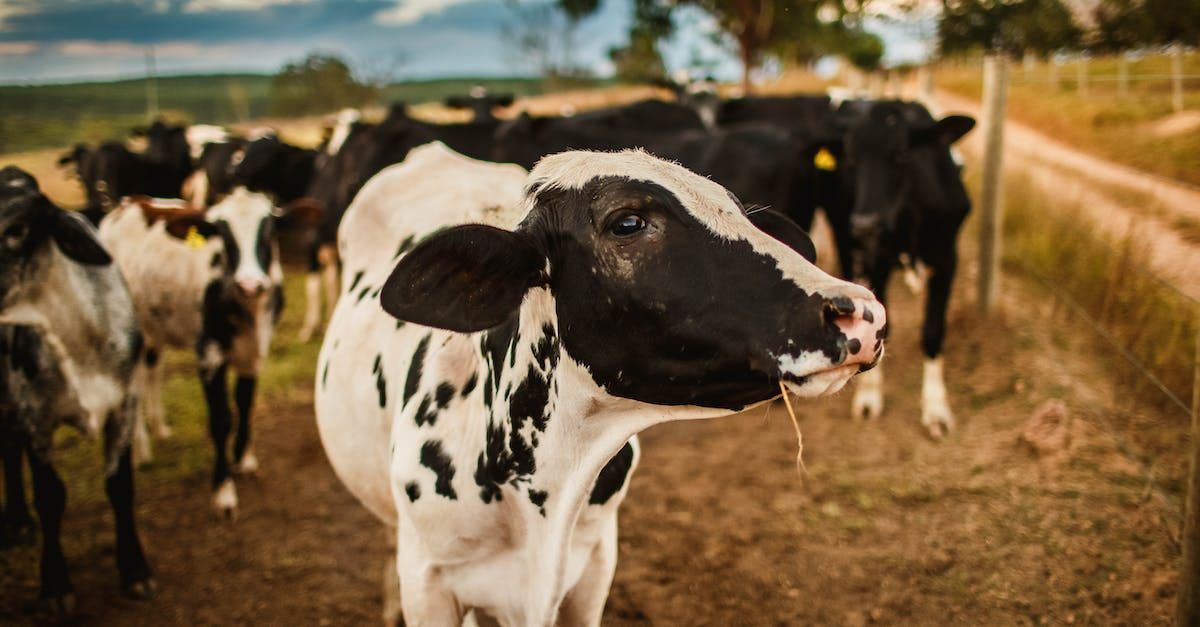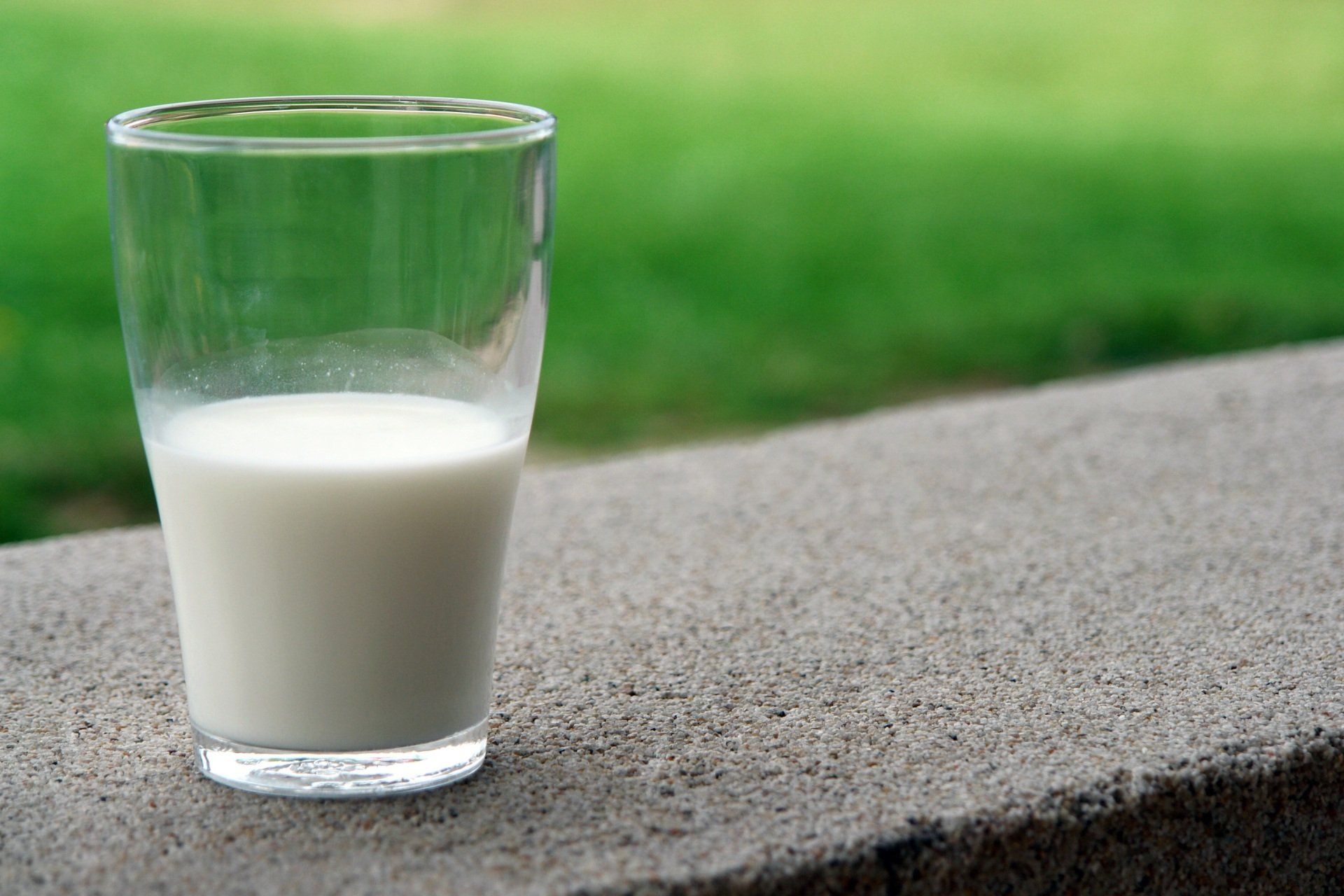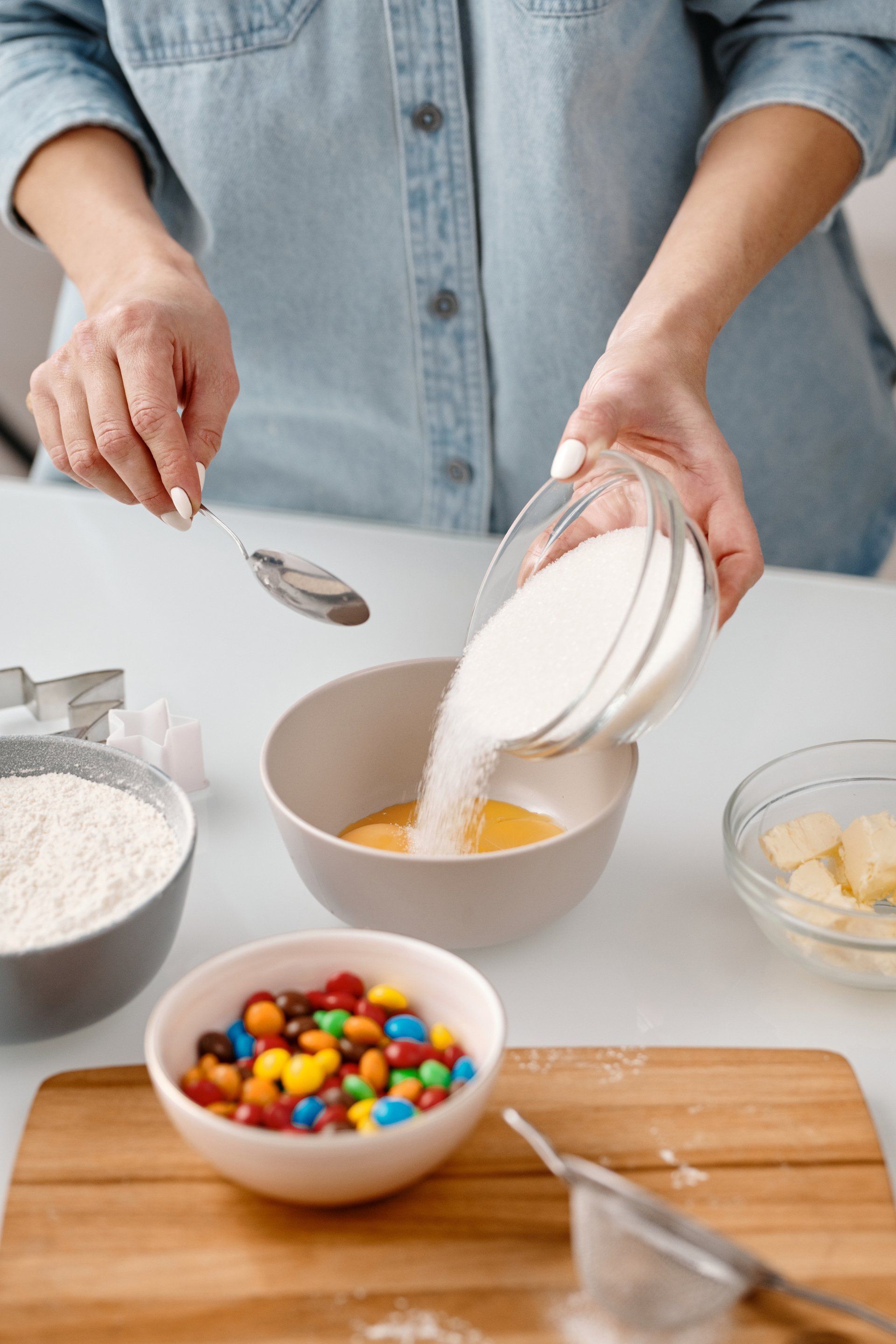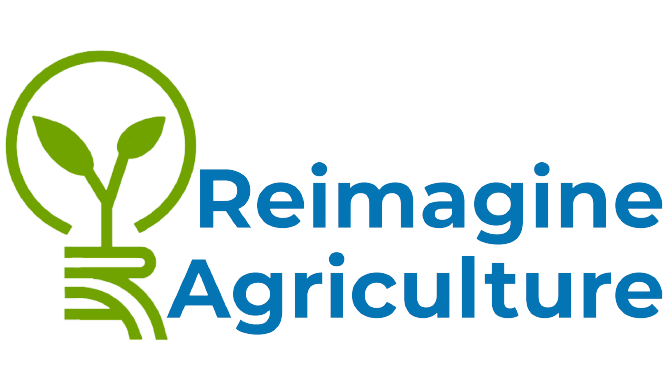Meat Or Medication: Antibiotic Resistance Is Proof That Meat Profits Matter More Than Human Health
Agricultural pharmacology's impact on human health
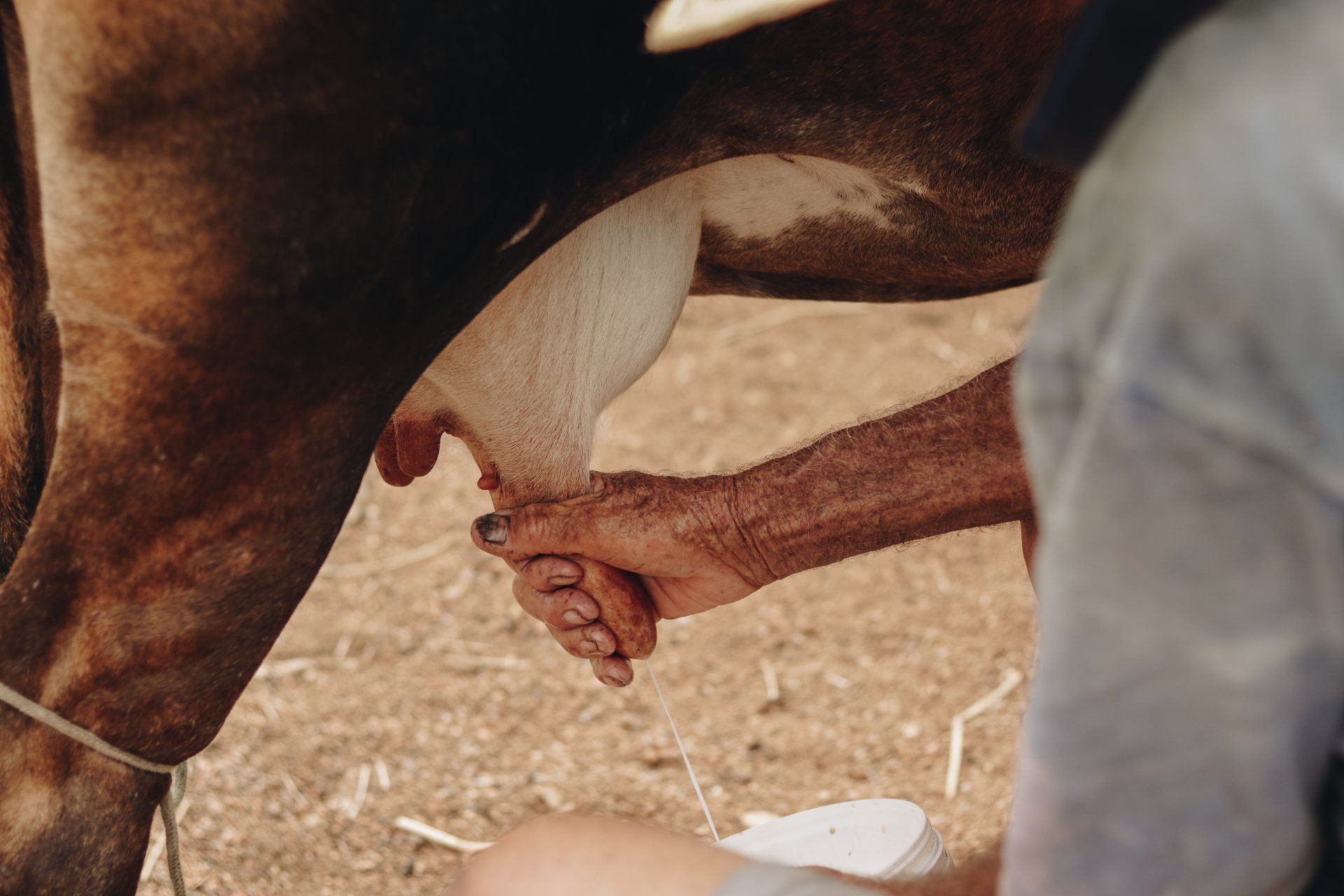
By Hayley Cloona
The
accidental discovery of penicillin by Alexandar Flemming in 1928 spurred the development of antibiotics, which have saved millions of lives and extended life expectancy across the globe. These precious medical inventions allow doctors to treat bacterial infections that cause various illnesses ranging from a
sore throat to
tuberculosis and deadly
pneumonia.
Yet decades after the first lives were saved by these miracle drugs, bacterial infections are once again a major threat to human life. The rapid emergence of
antibiotic-resistant bacteria is occurring at an alarming rate worldwide and is caused by misuse of these drugs in human medicine and animal husbandry. While misuse in humans stems from a lack of public awareness around the applications of antibiotics, the animal agricultural industry knowingly abuses these medications at the cost of long-term human health and food security.
Reimagine Agriculture is highly concerned about the dangers of antibiotic resistance from meat production. We want to educate the public on this widely ignored and (sadly) denied problem within our food systems so that they can make educated decisions about their consumption habits.
What is antibiotic resistance, and why does it occur?
Antibiotic resistance occurs when bacteria
develop the ability to survive the drugs designed to kill them. Bacteria mutate upon repeated and frequent exposure to antibiotic medications through
generational natural selection. This means that bacterium not affected by a course of antibiotics will spread their resistant genes onto the next generation of bacteria. Such generational resistance allows bacteria to quickly become immune to some of the strongest antibiotic medications in existence.
Similarly, spontaneous mutations can also occur. This is because bacteria reproduce by creating a copy of themselves and their DNA. While replicating their genetic material,
mutations can occur, meaning the
new bacterium is stronger than the last. Both spontaneous and naturally selected mutations are swift and effective. Once a single bacterium is immune, a resistant population quickly grows as
bacterium reproduce asexually every 4 to 20 minutes.
How is antibiotic resistance linked to animal agriculture?
As we just learned,
every time antibiotics are used
new antibiotic-resistant bacteria are created. This amplifies the fact that the
majority of antibiotic use occurs in agricultural settings. These medications are used for various reasons in the production of animal products, including; beef, pork, chicken, fish, eggs, and dairy.
One of the main concerns in modern agricultural systems is that high stocking density promotes disease in farm animals. Animals are held in poorly ventilated, damp and feces-covered sheds and pens where infection and disease quickly spread. Farmers then supply antibiotic-laden feed to prevent widespread infection in their livestock and eventual profit losses from sick and dying animals.
The Centre for Disease Control (CDC) has acknowledged that antibiotic use in agriculture significantly
contributes to antibiotic resistance. They state that these medications should only be used where necessary rather than freely fed to animals. In contrast, many wealthy and developed nations condone the use of antibiotics as a preventative measure to offset poor and unsustainable animal husbandry practices. Here in Canada,
agriculture accounts for 82% of all antibiotic use.
How does this impact human health and food security?
While many claim that antibiotics help farmers produce more sanitary food for human consumption, this is far from reality. As farm animals consume antibiotic medications so frequently, their bodies are full of and covered in resistant bacteria, which
pass into our food during processing.
For meat and fish, this contamination occurs during slaughter. In dairy, resistant bacteria and even
antibiotic medications can pass through the animal into the final milk product. Similarly, animal manure is commonly used to
fertilize soil,
spreading antibiotic-resistant bacteria into crops, fruits, vegetables, and nearby waterways.
While regulations suggest that
animals treated with antibiotics
should not be processed for meat or milked within the treatment period, there is no way to guarantee such guidelines are adhered to, and antibiotic-resistant bacteria persist in animals even after treatment ends.
Eventually, meat and dairy contaminated with antibiotic-resistant bacteria or antimicrobial medications are consumed by humans. Ingestion of Salmonella or Escherichia coli (E.coli) bacteria causes food poisoning, which commonly affects children, pregnant, elderly and immunocompromised peoples.
While
mild symptoms such as
nausea, diarrhea, and vomiting can be treated at home, they are highly infectious and quickly passed on to other humans and pets. In contrast, severe symptoms, including
bloody diarrhea, high fever, and dehydration, can be fatal and require medical attention.
This is where the real implications of antibiotic resistance become evident. Patients with severe infections, including but not limited to food poisoning, require antibiotic treatment. But the abuse of these medications in animal agriculture has propagated resistant bacteria, meaning antibiotics are no longer as effective for treating infections. As a result, the risk of dying from a once treatable infection has significantly increased; and continues to grow with each unsuccessful attempt to manage the infection.
How can we address the problem?
We have created a culture and food preferences that revolve around unsustainable and unsafe animal products. Animal agriculture relies on antibiotics to prevent widespread infection and death in livestock, ensuring the propagation of antibiotic-resistant bacteria in animals and humans. We can not continue this dangerous and irresponsible use of antibiotics in animal agriculture while ensuring the safety and well-being of the human race. Under our current system, the choice is meat or medication. But what if we could reimagine this choice, and how we produce animal products?
Cultivated food technology has quickly evolved in previous years. Initially deemed an idealistic solution to many environmental and social issues, this technology is almost ready to produce meat on a global scale. While the minimal ecological and climate impacts of cultivated meat, dairy and fish dominate conversation around the technology, it is an effective solution to growing antibiotic resistance.
Cultivated meat (fish and dairy) is grown from animal stem cells in a sterile lab environment. This removes the need for antibiotics as no live animals, high stocking densities, bacteria or slaughtering is involved. Many fear cultivated meat technology, claiming it is fake meat full of dangerous chemicals.
This is simply untrue as the growth process only uses animal cells, growth factors and a food source - exactly how meat grows in an animal.
The potential for cultivated meat to alleviate antibiotic resistance is real and significant, but a lack of government funding and regulation hinders its development. In light of this, Reimagine Agriculture is running an
advocacy campaign asking the Canadian Government to support the development of cultivated meat through investment and regulation. This will ensure that our agri-food system is modernized and will no longer support animal agriculture that propels climate change and antibiotic resistance. We are making progress, but we need your help!
Are you concerned about antibiotic resistance and want to take action? Please consider
volunteering with Reimaging Agriculture. We will train you to speak with your Member of Parliament and guide you through your advocacy journey.
Don’t worry if you are short on time and can’t volunteer, simply take a moment to
sign our petition and use your voice to fight antibiotic resistance from animal agriculture now!
Together, we can ensure all humans have a healthy, safe and prosperous future!
